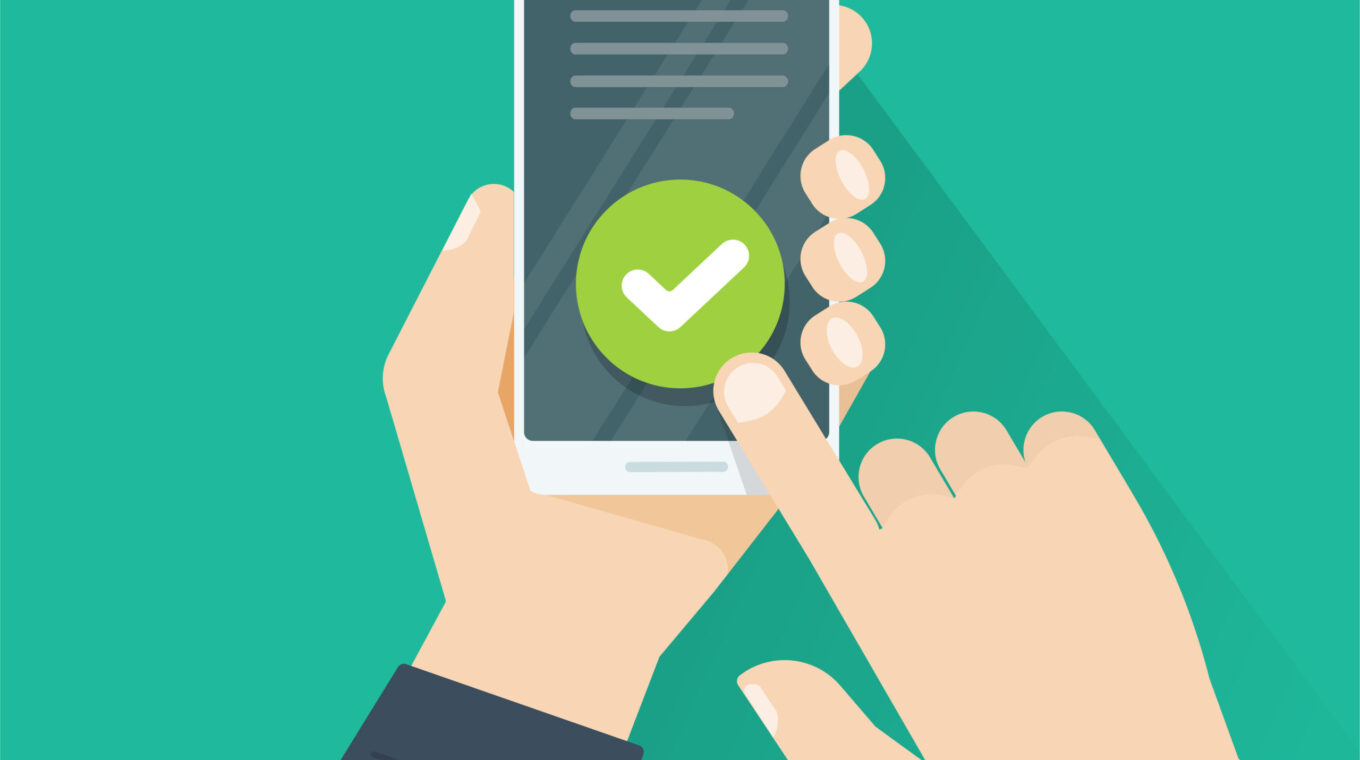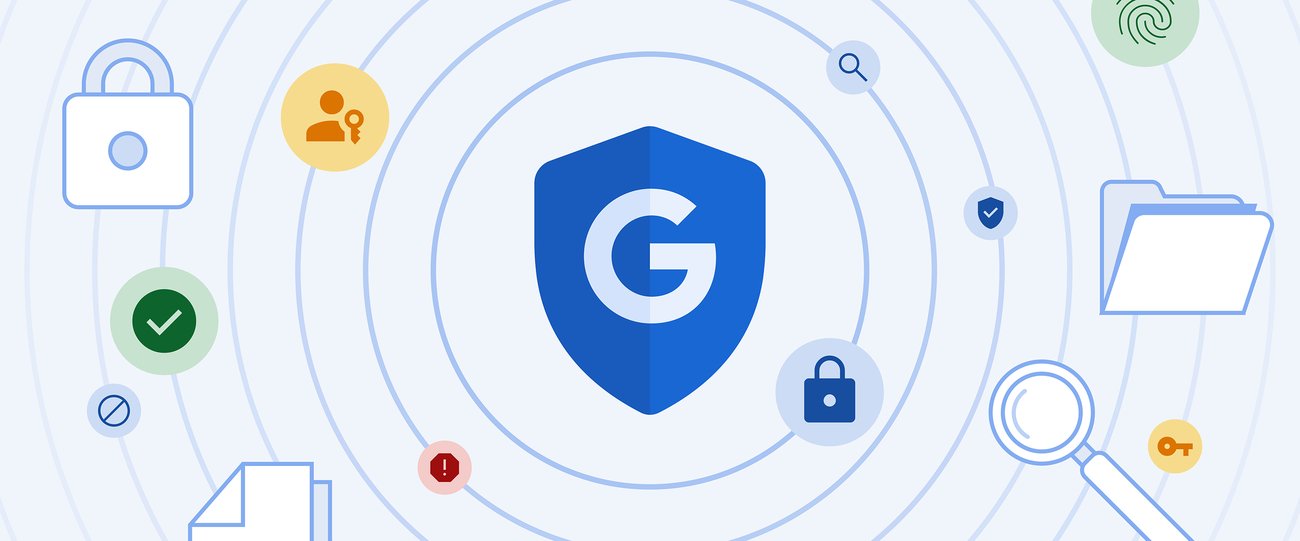As technology advances, leading app platforms continually strive to enhance their security features to protect user data and provide a safer user experience. Staying informed about the latest security enhancements is essential to ensure that you can leverage the most up-to-date security features available. In this article, we will explore recent updates from popular app platforms related to data encryption, privacy controls, and user protection. By understanding these updates, you can take advantage of new security features and enhance the security of your apps and data.
Data Encryption Enhancements

Data encryption plays a crucial role in securing user information and preventing unauthorized access. Here are some recent data encryption enhancements from leading app platforms:
- Apple iOS and iPadOS: Apple has made significant strides in data encryption with recent updates. In iOS 15 and iPadOS 15, the company introduced a new feature called “Mail Privacy Protection.” This feature prevents senders from knowing when you open an email and masks your IP address, enhancing user privacy. Additionally, Apple continues to reinforce its commitment to end-to-end encryption for messages, FaceTime calls, and iCloud backups, ensuring that user communications and data remain secure.
- Google Android: Google has been actively working on strengthening data encryption on the Android platform. With Android 12, Google introduced “Privacy Dashboard,” a feature that provides users with granular control over their data. It displays a summary of the data accessed by apps and allows users to easily revoke app permissions. Google has also been promoting the adoption of the Android Keystore system, which provides a secure environment for storing cryptographic keys and sensitive data.
- Microsoft Windows: Microsoft has been focused on enhancing data encryption in Windows. In Windows 10, the company introduced BitLocker, a full-disk encryption feature that protects the entire contents of a Windows device. With Windows 11, Microsoft has further improved encryption capabilities with features like TPM 2.0 (Trusted Platform Module) support, which strengthens hardware-based security, and Windows Hello, a biometric authentication system that provides secure and convenient access to devices.
By staying updated on data encryption enhancements, you can ensure that your data remains protected and inaccessible to unauthorized individuals.
Privacy Controls and Permissions

Privacy controls and app permissions allow users to have better control over their data and limit the access that apps have to their personal information. Here are some recent updates related to privacy controls and permissions:
- Apple iOS and iPadOS: Apple has introduced several privacy-focused features in recent updates. With iOS 14, Apple introduced a new privacy feature called “App Tracking Transparency,” which requires apps to obtain user permission before tracking their activity across other apps and websites. In iOS 15 and iPadOS 15, Apple expanded on this feature by introducing “App Privacy Report,” which provides users with insights into how apps use their permissions and access their data.
- Google Android: Google has been actively working on enhancing privacy controls on the Android platform. With Android 11, Google introduced one-time permissions, allowing users to grant temporary access to apps for sensitive data like location or microphone. Android 12 builds upon this with the introduction of “Approximate Location” permission, giving users the option to share only an approximate location instead of precise coordinates. Google also enforces stricter guidelines for app developers to request permission for accessing sensitive data.
- Microsoft Windows: Microsoft has implemented various privacy controls and permissions in Windows 10 and Windows 11. With Windows 10, Microsoft introduced the Privacy Dashboard, which allows users to manage their privacy settings in one place. Windows 11 further enhances privacy controls with features like “Desktop Widgets,” which require explicit user permission to access sensitive information like location data, contacts, or calendar.
By leveraging privacy controls and managing app permissions effectively, you can maintain a higher level of control over your data and limit the access apps have to your personal information.
User Protection and Account Security

Protecting user accounts from unauthorized access is a top priority for app platforms. Here are some recent updates related to user protection and account security:
- Apple iOS and iPadOS: Apple has introduced features to enhance user protection and account security. With iOS 14, Apple introduced “Password Monitoring,” which alerts users if their saved passwords are involved in data breaches. In iOS 15 and iPadOS 15, Apple introduced “Account Recovery Contacts,” allowing users to designate trusted contacts who can help them regain access to their account if they forget their password.
- Google Android: Google has been focused on improving user protection and account security on the Android platform. With Android 12, Google introduced “Password Checkup,” a feature that alerts users if their saved passwords are compromised. Google also continues to enhance its two-factor authentication (2FA) options, encouraging users to enable 2FA for their Google accounts and providing seamless integration with popular authentication apps.
- Microsoft Windows: Microsoft has implemented various measures to enhance user protection and account security in Windows10 and Windows 11. With Windows 10, Microsoft introduced Windows Hello, a biometric authentication system that allows users to sign in to their devices using facial recognition or fingerprint. Windows 11 further strengthens account security with features like “Microsoft Account Passwordless Sign-In,” which allows users to sign in to their Microsoft accounts without a password using alternative methods like Windows Hello or a security key.
By taking advantage of user protection features and implementing strong account security measures, you can significantly reduce the risk of unauthorized access to your accounts and sensitive information.
Conclusion
In conclusion, staying informed about the latest security enhancements from leading app platforms is crucial to maintaining app security and protecting your data. Recent updates have focused on data encryption, privacy controls, and user protection, providing users with enhanced security features. Keep an eye out for updates from platforms like Apple, Google, and Microsoft, and take advantage of new security features as they become available. Additionally, always ensure that you keep your apps and operating systems up to date, as updates often include security patches that address vulnerabilities. By staying proactive and informed, you can enhance the security of your apps and protect your personal data. Share your own tips and experiences in the comments below to contribute to the dialogue on app security and help others stay informed. Together, we can create a safer digital environment.






